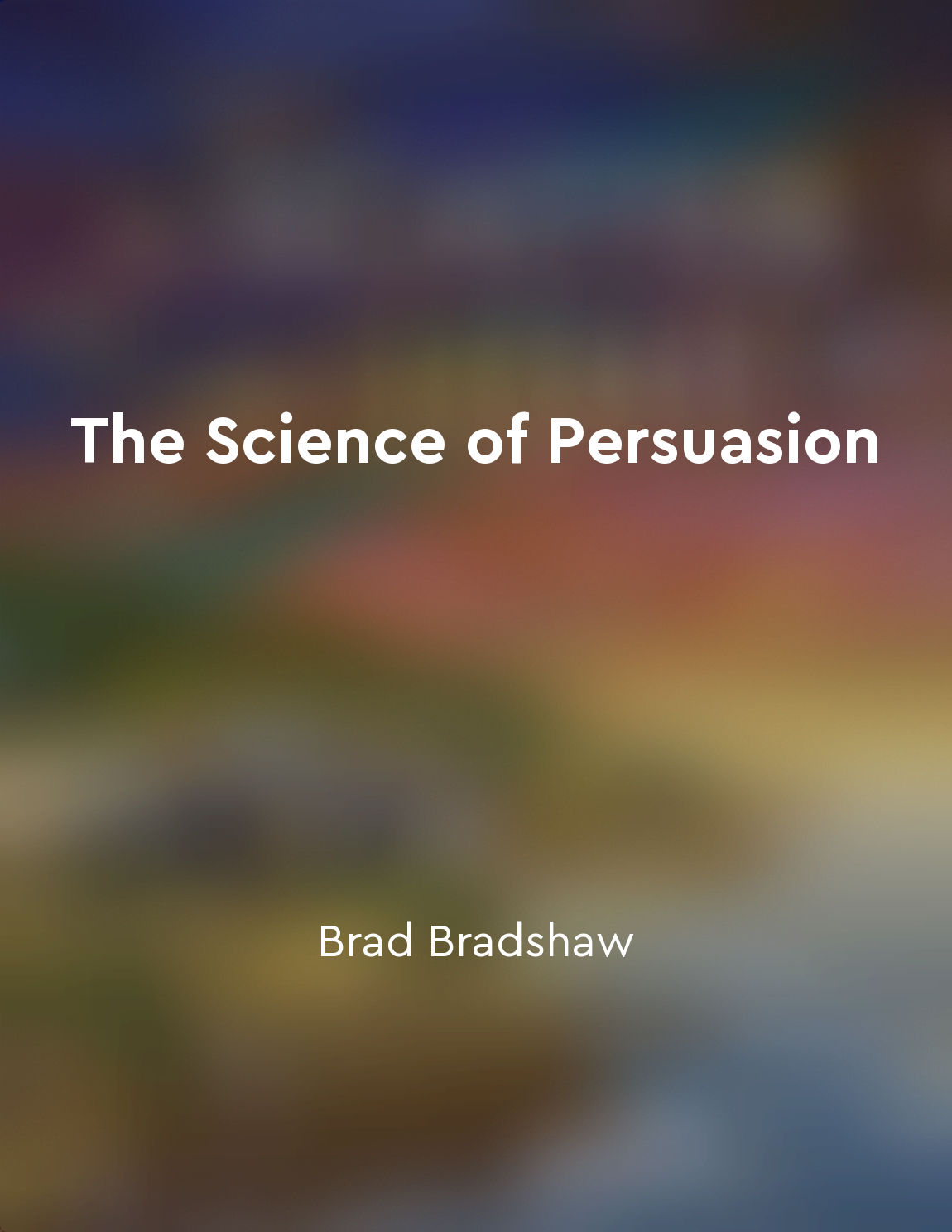Audio available in app
Scarcity can increase perceived value from "summary" of The Science of Persuasion by Brad Bradshaw
Scarcity plays a powerful role in shaping our perceptions of value. When something is scarce or limited in availability, we tend to assign greater value to it. This phenomenon is deeply rooted in human psychology and has been leveraged by marketers and persuaders for centuries. The simple fact that something is rare or difficult to obtain automatically makes it more desirable in our eyes. Scarcity triggers a sense of urgency and FOMO (fear of missing out) in us. When we believe that an opportunity is limited or fleeting, we are more likely to act quickly and decisively. This is because we fear losing out on something that may never come around again. The scarcity principle exploits this fear and drives us to place a higher value on what is scarce, simply because it is scarce. By creating a sense of exclusivity, scarcity can also enhance the perceived prestige or status associated with a product or offer. When something is only available to a select few, it elevates its appeal and makes it more desirable to others. This exclusivity factor taps into our innate desire to belong to elite groups or possess unique items that set us apart from the crowd. Furthermore, scarcity can lead to increased competition and rivalry among consumers. When there is a limited supply of something, individuals may feel compelled to compete with others in order to secure it for themselves. This competition further drives up the perceived value of the scarce item, as people are willing to pay more or exert more effort to obtain it.- Scarcity is a potent tool for increasing perceived value and influencing consumer behavior. By leveraging the psychological principles underlying scarcity, persuaders can effectively sway opinions, drive sales, and shape decisions. The concept of scarcity demonstrates the profound impact that scarcity can have on our perceptions and behaviors, highlighting the importance of understanding and harnessing this powerful principle in persuasion and marketing strategies.


